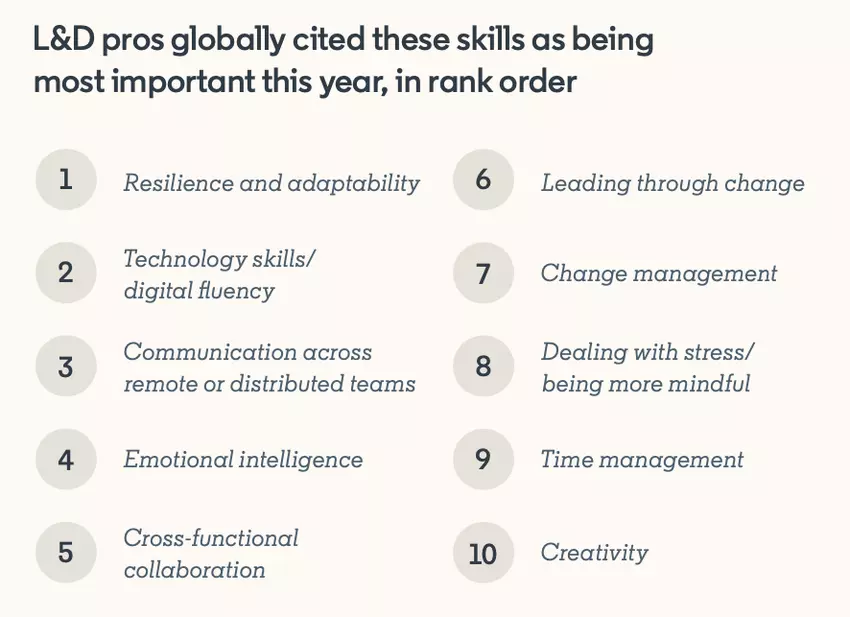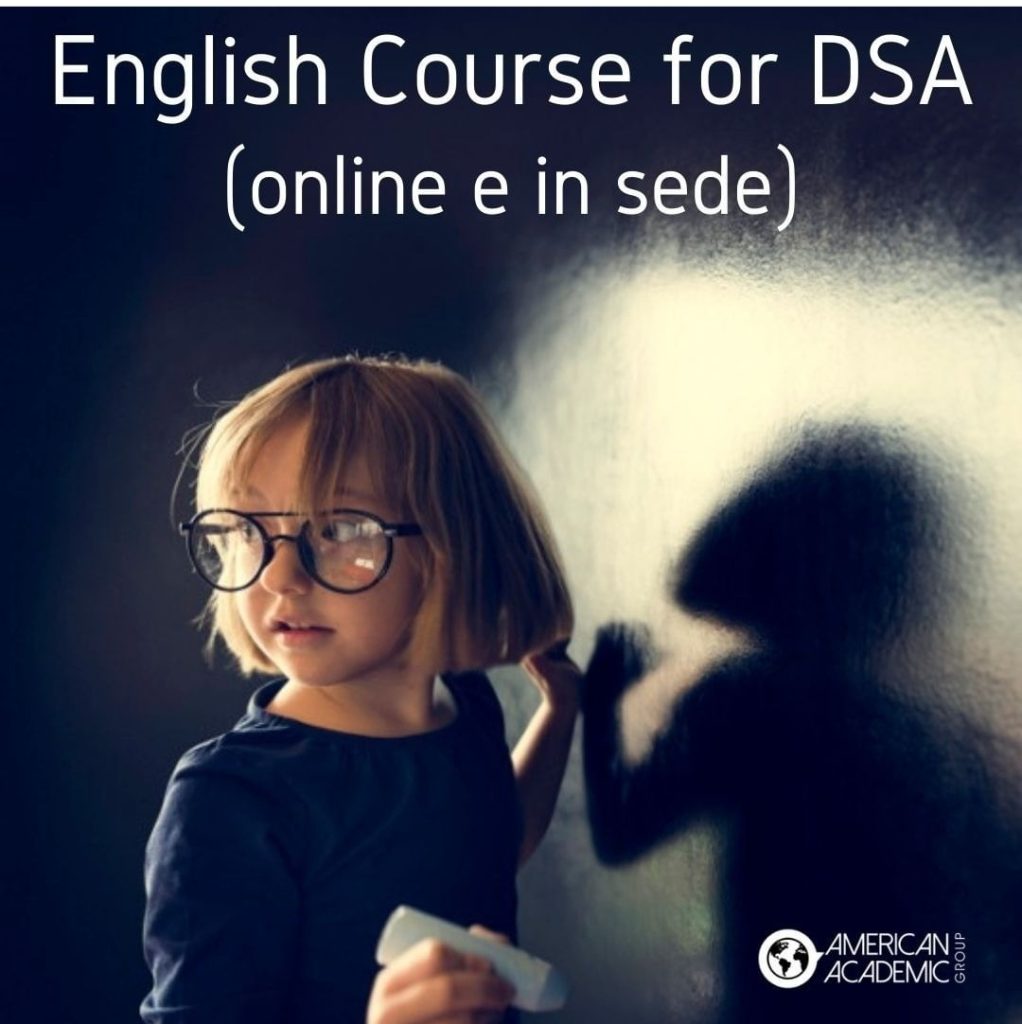Education trends that will impact ELT in 2022
And how to turn them into enrollments
A new year has just begun and so this is a good time to have a look at trends in education and lifestyle that will impact ELT in 2022. Why not stop and reflect on them now at the beginning of the new year in view of turning education trends into enrollments?
If you have been following this blog you know that I firmly believe that language schools and freelancers need to be abreast of the current trends in education in order to find new opportunities and stand out in the local market. In this article, I’ll look at what is trending in education and society due to the changes in lifestyle pushed by the pandemic, technology and the economy. Based on that you will hopefully get inspired to organize unique courses that will boost enrollments. Ready? Let’s get started:
1. Microlearning trend
Microlearning in ELT is about studying small chunks of language when and where you can. It isn’t new, however, it has only recently become a fast-growing trend in education due to our busy lifestyle. Another driver for microlearning is, among others, Zoom fatigue and the widespread use of mobiles that make it easy for learners to access microlearning.
Microlearning is also generally accessed by learners at their own pace, on their own schedules – flexibility that pairs well with social media.
www.bridge.edu
Many language schools and EFL teachers are taking advantage of this trend in education and lifestyle on social media platforms. They constantly share content that is engaging and educational allowing students to learn on the go and helping them with remembering new language.


If you are on Instagram you can check @gerard.englishclub to get an idea of microteaching. Another brilliant example of microteaching is @mavisclass on Tik Tok and Instagram
It’s evident that microlearning cannot replace a course but it can certainly add value to it and above all to your brand. What’s more, it can be a fantastic opportunity for you to retain students as well as reach more potential learners. You could start providing micro-learning opportunities on your own social media platform or on WhatsApp status or through WhatsApp Broadcast. Not familiar with WhatsApp for marketing? Then check this blog article.
In the wake of microlearning, another impact on ELT is that learners aren’t willing to embark on long language courses. Now less than ever before! For this reason, I see an opportunity here which is creating courses in short modules in a way that students can pick only the ones they are interested in. This could be particularly strategic for busy learners that are at least at a good intermediate level.

2. Life-long learning trend
The fast changes in technology combined with a longer life span have created a demand for life-long learning. On one hand, employees need to keep their competitive edge and on the other hand, senior learners also need to keep studying for work reasons or simply to keep their brains active. This trend in education and lifestyle has a positive impact on ELT as it generates more potential learners.
If we consider this consolidated trend in education then there are many opportunities here for language schools and ELT freelancers. It is important, though, that courses address the specific needs of this type of student. If you wish to give it a go you might find this article “Teaching English to Senior Students” a valid starting point.
Company employees deserve different attention. With the recent rapid changes to a hybrid work environment, there are new skills needed. This leads me to the next point: soft skills
3. Soft skills training for the workplace
According to the World Economic Forum, these are the skills that employers are looking for now:

This means that there is a chance for language schools and freelancers to offer courses in which company workers learn new skills like critical thinking and problem-solving in English. If you offered courses like this, you would position yourself or your language school in a unique and more competitive place in your market in 2022.
Some language schools have already started exploring this area like this language school in Prato @britishinstitutesprato

On Jan 11th the Italian Senate approved the introduction of Life Skills in state schools (read the article in “Il SOLE 24 Ore Scuola”) for the next academic year. This is another good reason to consider designing courses to support teachers and students in state schools with life skills such as critical thinking, stress management, entrepreneurship, and problem-solving among others. Read more about this brand-new law here and start thinking about how you can contribute.
4. Digital Literacy
Another rising tendency (or shall I say “need”) in education is the teaching of Digital Literacy in all its aspects from basic netiquette to digital well-being. This is crucial to help learners survive and thrive in an ever-changing digital scenario both at school and at work.
“Also while many of them are adept at using technology for entertainment and social purposes they often need guidance in using it for educational or professional purposes and in developing a critical understanding of its affordances and pitfalls”.
From “DIGITAL LITERACIES” by HOCKLY&PEGRUM
The rapid shift to remote online work as well as remote online learning means that workers, students and teachers that are less digitally literate need support. Bearing this in mind it is worth considering how you can support them through your language services. Language courses that promote and instil digital literacy are likely to be popular in 2022. So why not offer short language courses that instil digital literacy in the workplace and at secondary schools?
5. Hybrid learning for the new normal
The pandemic has pushed courses to go online and when back face-to-face there are still situations in which learners will prefer or need to continue online. Online and hybrid teaching is a trend in education and will continue to be so in 2022. I have a gut feeling that online and hybrid will stay even when the pandemic is over because of its flexibility.
In the meantime, this trend in education has had a massive impact on ELT in terms of resources, lesson planning and teacher training. For a language school or freelancer, it means it is important to be ready to shift overnight from face-to-face to online and be ready to offer hybrid teaching if necessary. Offering hybrid teaching is a good strategy to retain students or in some cases even attract them. If you have been hesitant to go hybrid, maybe 2022 is the year to consider it and here you will find guidelines to get you started.
6. Green Mindset: play your part!
Greta Thunberg’s Friday for Future has drawn the attention of the whole world to climate change. Hundreds of companies are addressing the problem and taking action. If you too feel climate change close to your heart then why not offer workshops that promote a green mindset that can have a positive impact locally? Not sure what to do? You might want to check www.renewableenglish.com for some inspiration or collab.
In the recent Education Summit organized by the European Union, Sophia Eriksson Waterschoot, Director for Youth, Education and Erasmus+ from the European Commission said “Schools, universities and other education institutions are increasingly looking not only at how pupils and students learn about and take action on sustainability but also at how this action as a whole can become more sustainable, reducing its ecological footprint and working with local and wider communities on environmental issues”. Watch the presentation here and get inspired!
How can your school contribute to a greener and more sustainable community? These can be instilled in single lessons or in dedicated workshops aimed at secondary school students, “lettorato” lessons or summer camps.
7. Inclusion in ELT
One of the most popular trends in education and society at the moment is Inclusion. It means addressing the needs of students with special educational needs (SEN) and also respecting people from all backgrounds and cultures. If we look at SEN students, it is widely known that they often struggle with learning a language. It is also clear that while state schools offer personalized plans for them, most language schools are not catering for their needs mainly because SEN is not contemplated in TEFL certificates and diplomas.
“If a teacher has entered the ELT profession by following the most common training routes (not including those teachers trained in the state sector), they are unlikely to have received any substantial guidance in how to teach students with SEN”
Modern English Teacher vol 25 issue2 pg 73
As a consequence, SEN students and parents are often put off by the idea of signing up for an EFL course in a language school. How can you reach these students and make a difference in their lives by helping them learn English? It might be with courses designed specifically for them. Alternatively, as Robert Lowe suggests in this article in MET, it could also be done by having a SEN coordinator that provides support to teachers. There’s certainly some food for thought for you!.
It seems that some schools have already thought about this like the Accademia Angloamericana @american_academic_group

Where to start?
I’m aware that the ideas shared in this article mean that you have to plan how to implement them and that you might not have the right teacher profile in your staff to implement them straight away. No worries, let’s look at some options to get you around that:
- Invite experts in the field to run workshops to your teachers (eg on SEN). You can find them on LinkedIn and special interest groups on Facebook.
- Hire experts to run short courses for your students ( eg on sustainable goals, public speaking, and problem-solving)
- Collaborate with other educational institutions or associations. Ignore geographical limits as courses could be done online too.
Education Trends=Opportunities to grow in 2022
The language school market has become more competitive than ever before so the key to standing out is to differentiate from other freelancers or language schools that are teaching English in a traditional way. I’m not saying traditional is bad, however, you need to bring some innovative ideas to gain new territory offline or online.
We have looked at some trends in education and lifestyle that will have an impact on ELT in 2022. These trends will also bring opportunities if you are willing to get out of your comfort zone and make a difference in your community.
Which trend will you choose to grow in 2022?
With best wishes for a successful New Year 🙂
Would you like to innovate your course offer with the latest trends in ELT? Let me help you! Request a discovery call through the contact from here.




Comment (1)
Seifeldeen Ahmed Mohamad
Good opportunity